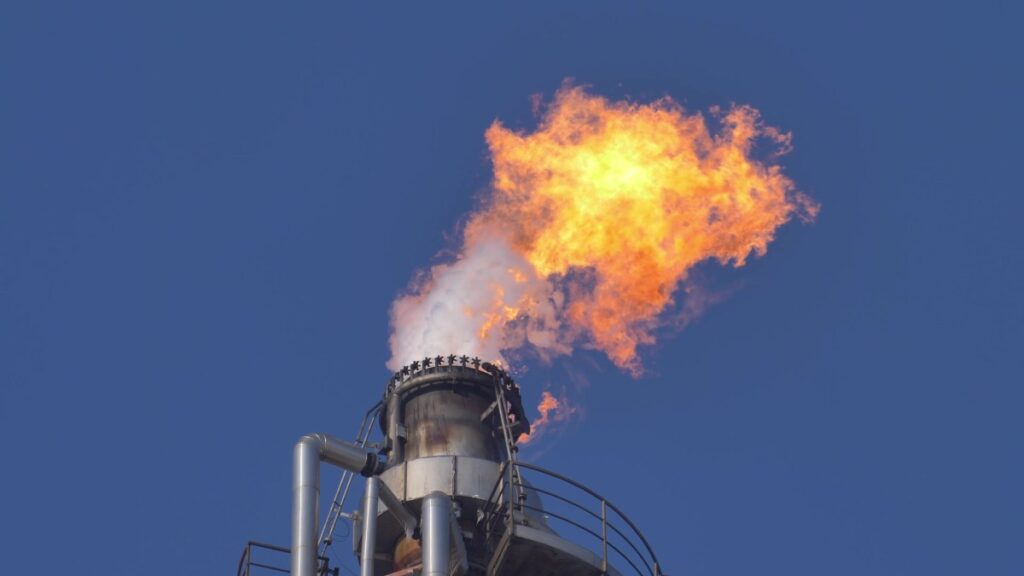Another COP has been and gone, but the UK is still a laggard on methane emissions – Inside track
3 min read
With each COP summit comes an opportunity for the UK to re-establish itself as a climate leader. The Global Methane Pledge, launched at COP26 in 2021, provided another badge that nations could champion to demonstrate their commitment to cutting emissions. But after COP28, the UK has shown no further willingness to reduce methane emissions. At the same time, other countries are forging ahead with commitments that will reduce the warming impact of methane.
The gap in ambition between the UK and the rest of the world risks becoming a chasm
On a global level, methane gained a lot of attention at this year’s climate conference, including an explicit mention in the global stocktake. The Global Methane Pledge received five new members and the EU and the US appointed five new methane champions out of its signatory countries: Canada, Germany, Japan, Micronesia, and Nigeria. The UK is missing from this list, creating a clear dividing line between domestic ambition compared to our international counterparts.
In addition, $1 billion in new grant funding was awarded through the Global Methane Pledge. Almost half of this was from government contributions, while the rest was derived from philanthropies and the private sector. The UK government offered just $2.5 million in funding, compared to $57 million from the USA, $22.7 million from France, $21.8 million from Germany and $7.7 million from Japan. Notably, the UK pledged half a million dollars less than Ireland, despite emitting around three times more methane in 2021.
Individual countries made strides in specific sectors where methane emissions are rife. Canada announced that it would end routine flaring and venting and require quarterly leak detection from 2027, three years sooner than the UK’s planned phase out of routine flaring and venting. The USA also promised to ban routine flaring from newly drilled oil wells. Elsewhere, progress was made among businesses, such as through the establishment of a new Dairy Methane Action Alliance which aims to tackle emissions from agriculture.
The UK is missing out on opportunities to reap large rewards for climate and energy security
The political landscape is making it increasingly difficult for leaders to be bold on green issues. Net zero has become a subject of political football and attentions are divided in the run up to a general election next year.
But a concrete plan for methane would provide benefits on many fronts. To name a few, banning routine venting and flaring from 2025 is technologically feasible and would improve energy security. The quantity of wasted gas that could be saved from the UK’s oil rigs in the North Sea could supply almost 140,000 homes per year. In agriculture, scaling up alternative proteins to reduce methane emissions from meat and dairy could create 10,000 new food manufacturing jobs and 6,500 farming jobs in the UK. The waste sector also has the potential to easily reduce its methane emissions by 19 per cent, through building on existing efforts to capture landfill gas and banning biodegradable waste to landfill from 2025.
Slashing methane emissions sooner rather than later has significant climate benefits. Methane is a short lived climate pollutant, so actions to reduce methane now could reduce average temperatures by 0.2˚ C. This would help us fend off dangerous tipping points where changes to the global climate system become irreversible.
For all the much needed attention on methane at COP28, the UK’s silence on the topic was deafening and disappointing. Many low cost, highly effective opportunities to reduce emissions remain: let’s not waste any more time before we seize them.





